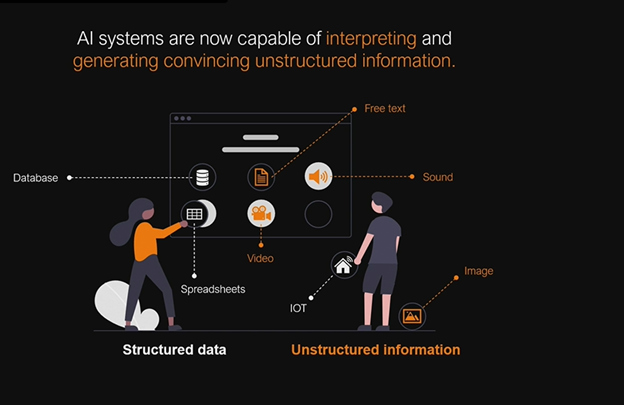1. Understanding Generative AI and Its Business Implications
Generative AI, a groundbreaking technology, has the capability to revolutionize various facets of business operations. It encompasses three main areas: content generation, leveraging unstructured documents, and enhancing digital tool interactions. The implications for global GDP (Gross Domestic Product) growth, as projected by McKinsey, are significant. Businesses must understand these capabilities and prepare to integrate them into their existing systems, transforming the way they operate and compete.
Generative AI, a branch of AI, encompasses three key capabilities that promise to reshape industries and sectors:






